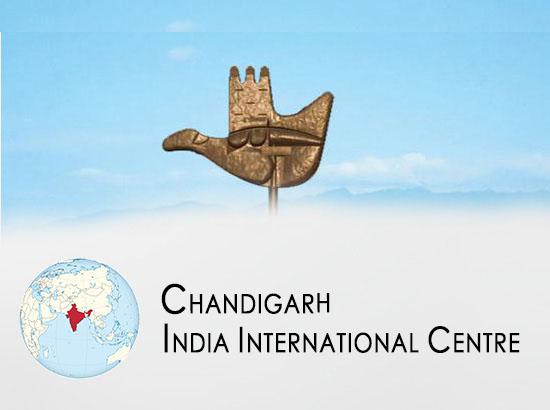
Dr Pramod Kumar, while speaking on the future of Chandigarh had that “Chandigarh is emerging as the satellite town of Delhi. It has a potential to develop as a global destination in terms of culture, trade, knowledge exchange. It can locate a diplomatic enclave to realise this potential. The main focus should be to reach out to the people and influence policy planning institutions like CRIKC (Chandigarh Region Innovation and Knowledge Cluster) to be strengthened besides setting up an institution like India International Centre, Delhi.”
Both CM seconded the idea and also promised to contribute to turn the idea into reality.
It has been learnt that the proposed site of CIIC likely to be in one of the posh sectors of Chandigarh.
Here are some of the suggested features of the proposed CIIC
The underlying vision of CIIC will be aimed to have a vibrant space for preservation and dissemination of knowledge. The purpose is to make people’s contribution central in global processes through generation, dissemination and sharing of knowledge.
CIIC will try to support Chandigarh in its journey to emerge as an international city with number of knowledge imparting and disseminating institutions. To consolidate and reinforce its capacity to become a knowledge hub, CIIC shall make an effort to, preserve cultural impulse of the north-western region, promote spirit of enquiry to reinforce scientific temper and sustain dialogue. Chandigarh being a modern city with unique architecture will be used as an example to shape and influence process and pattern of urban development in the region in terms of people-centric growth of planned cities etc.
Chandigarh India International Centre will be a non-government institution, non-commercial in nature and carried out its activities in the spirit of public service. Its basic character and predisposition would be to remain non-aligned, non-governmental and non-affiliate to any political, economic or religious formations.
The aims and objectives of the proposed centre include:
- To develop a place where statesmen, diplomats, policymakers, intellectuals, scientists, jurists, writers, artists and members of civil society meet to initiate the exchange of new ideas and knowledge in the spirit of international cooperation.
- To promote dialogical tradition of lokayata through lectures, seminars, workshops and conferencing etc.
- To create a world class library fully equipped with modern technological facilities. It will have not only printed material, but also video and audio collections.
- To invite cultural leaders, scholars, scientists and creative artists, who may or may not be members of the society, to exchange of new ideas, knowledge, art, skills and creativity.
- To undertake, facilitate and provide for the publication of newsletters, research papers, and books, and of a journal for the exposition of cultural patterns and values prevailing in different parts of the world.



